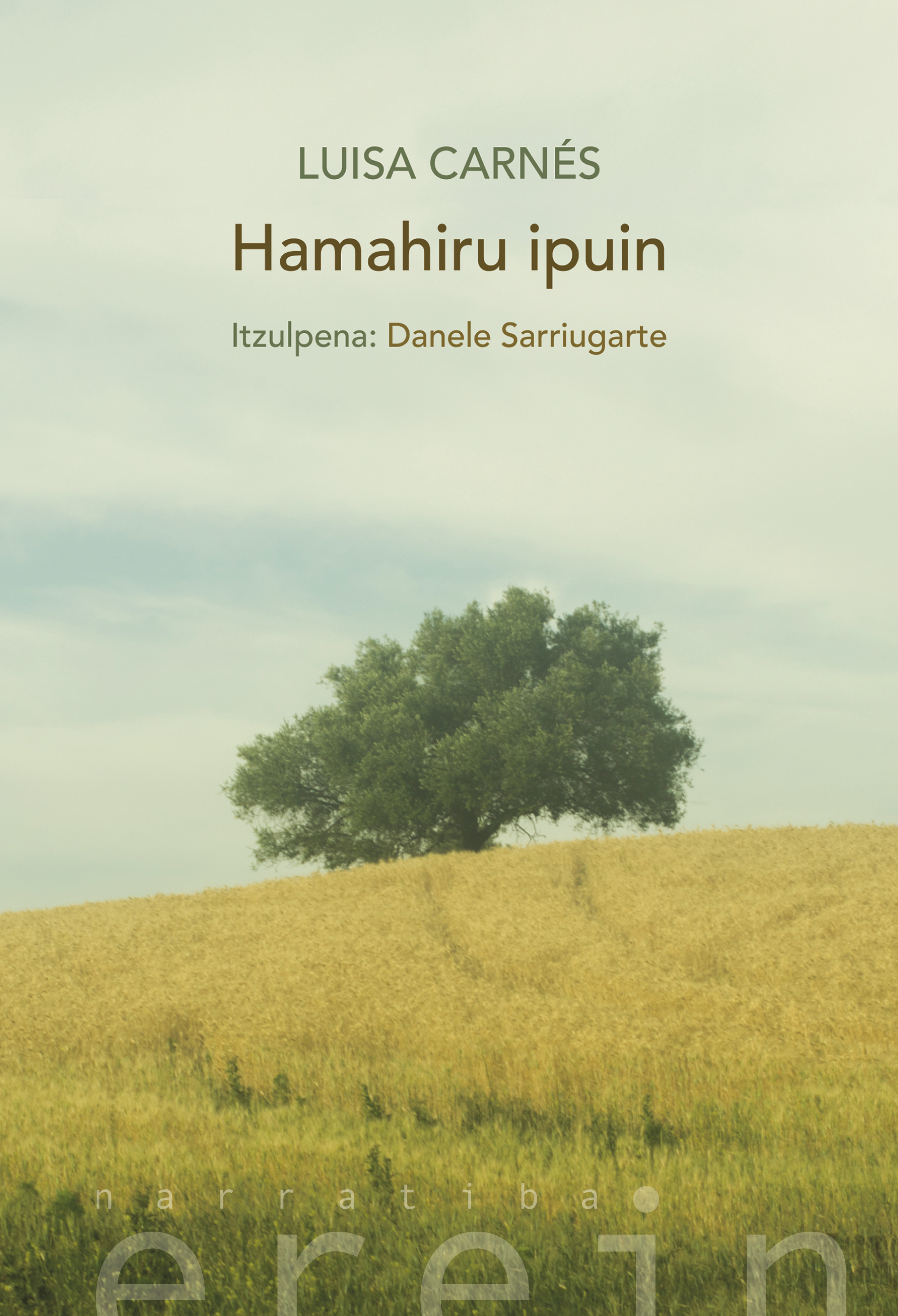

These days I have read the book Thirce by Luisa Carnés, recently published by Erein. Carnés was born in Madrid in 1905. The author experienced a great paradigm shift in history during his life: the rise of the vanguard, the achievements of the second republic, civil war and post-war, among others.
In the introduction written by editor Uxue Razquin Olazaran mentions four sections. Here we will not have enough lines to refer to all stories, so we will cite one for each section and thus leave the hunger of others.
The story that opens the book is the Tram. The shorter story shows us one of the cutting-edge features: it places the characters in a modern transport tram, in a space where the city and speed come together. The nun and modernity, the passion and freedom represented by tradition and the old ways are used to represent “two Spain”, which manages to keep the reader intriguing in the hope of what will happen.
Among the stories of the Republican era, I would like to mention ugly woman. It's an example of romantic love, a story of an imbalanced couple. In the face of other life projects, Benita, who has believed it to be ugly and not worth a husband, prioritizes the project of couple and family, and Faustino takes advantage of the power she gives to marry him for comfort. Carnés denounces in narration against the hegemonic model of couple, with a thin pen and a descriptive report.
The next chapter is composed of texts written during war and post-war. The most special thing has seemed to me to be El Salvador. The story begins with the question, who was it? The incarcerated character looks for the whistleblower and the author manages the intrigue well. It is a circular text consisting of internal dialogues and monologues.
The family album is from the Mexican era, from exile. The story starts when Luistxo discovers that the woman she liked on the bus goes home. Once at home the mother and lady are watching the family album, the author brings us a scene full of complicity and intimacy. The adolescent feels embarrassment and discomfort with a growing tone.
Among those working on international issues, and to conclude, I would highlight the time of planting. It is still too topical. It uses an unusual narrative voice, as it uses the first plural person. The story takes the form of a manifesto, written on behalf of mothers for peace.
It's a great translation of Sarriugarte. Performed with taste and mime and full of admiration by the author. Knowledge and reading.